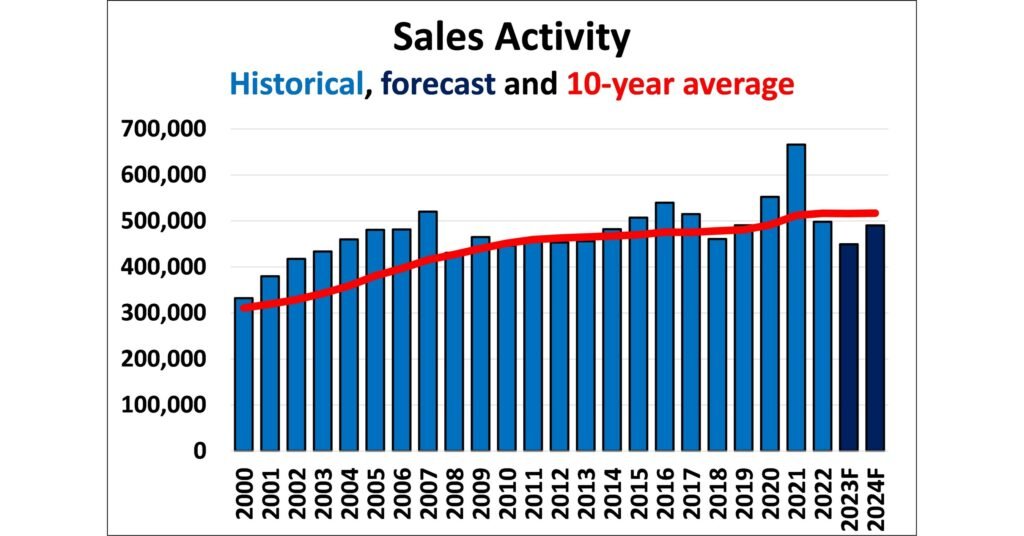Introduction:
Canada, with its stunning landscapes, vibrant cities, and high quality of life, is a sought-after destination for home buyers. Whether you’re a first-time home buyer or looking to invest in real estate, navigating the Canadian housing market can be a complex journey. This guide aims to simplify the process and provide you with essential insights for home buyers in Canada.
Understanding the Canadian Housing Market.
The Canadian housing market is diverse, with significant variations across provinces and cities. Key urban centers like Toronto, Vancouver, and Montreal have competitive markets with higher property prices, while smaller cities and rural areas offer more affordable options for home buyers. Staying informed about market trends and regional differences is crucial for home buyers making informed decisions.
Steps to Buying a Home in Canada.
1. Assess Your Financial Situation.
Before diving into the home-buying process, home buyers should evaluate their financial health. Consider your savings, income, and credit score. A strong credit score can improve your chances of securing a favorable mortgage rate as a home buyer.
2. Determine Your Budget.
Establish a realistic budget that includes the down payment, monthly mortgage payments, property taxes, insurance, and maintenance costs. Home buyers can use online mortgage calculators to get an estimate of what they can afford.
3. Get Pre-Approved for a Mortgage.
Getting pre-approved for a mortgage provides home buyers with a clear picture of their borrowing capacity and shows sellers that you are a serious buyer. Consult with multiple lenders to compare mortgage rates and terms suitable for home buyers.
4. Choose the Right Location.
Research different neighborhoods and consider factors like proximity to work, schools, public transportation, and amenities. Visiting potential areas can give home buyers a better feel for the community and lifestyle.
5. Hire a Real Estate Agent.
A knowledgeable real estate agent can guide home buyers through the home-buying process, negotiate on their behalf, and provide valuable market insights. Look for an agent with experience in the area where you want to buy, as home buyers benefit from local expertise.
6. Start House Hunting.
With your budget and pre-approval in place, start visiting properties that meet your criteria. Home buyers should keep a checklist of must-have features and be prepared to make compromises.
7. Make an Offer.
When home buyers find the right home, their agent will help them prepare a competitive offer. Be ready for negotiations and, in some cases, bidding wars, especially in hot markets that attract many home buyers.
8. Home Inspection.
Once an offer is accepted, home buyers should hire a professional home inspector to assess the property’s condition. The inspection can reveal potential issues and give home buyers leverage to renegotiate the price or request repairs.
9. Finalize the Mortgage.
Work with your lender to finalize the mortgage. This step involves a thorough review of your financials and the property. Home buyers should be prepared to provide all necessary documentation promptly.
10. Close the Deal.
Closing day involves signing the final paperwork and transferring ownership. Ensure you understand all closing costs, which may include legal fees, land transfer taxes, and other expenses home buyers must consider.

Government Incentives for Home Buyers.
The Canadian government offers several incentives to make home ownership more accessible for home buyers:
First-Time Home Buyer Incentive: This program allows eligible first-time home buyers to finance a portion of their home through a shared equity mortgage with the government.
Home Buyers’ Plan (HBP): First-time home buyers can withdraw up to $35,000 from their RRSPs to buy or build a qualifying home.
GST/HST New Housing Rebate: This rebate allows home buyers to recover some of the GST or HST paid on the purchase price or cost of building a new home.
Tips for First-Time Home Buyers.
Save for a Larger Down Payment: A larger down payment reduces your mortgage amount and can lower your monthly payments, benefiting home buyers in the long run.
Consider All Costs: Factor in all costs associated with home ownership, including utilities, maintenance, and potential renovations. Home buyers need to budget for these expenses.
Stay Informed: Keep up with market trends and interest rates to make timely and informed decisions. Home buyers should always be aware of changes in the market.
Plan for the Future: Think long-term about your home’s location and size, especially if you plan to start or grow your family. Home buyers should consider their future needs.
Conclusion.
Buying a home in Canada is a significant milestone that requires careful planning and consideration. By understanding the market, preparing financially, and leveraging available resources, home buyers can make the home-buying process smoother and more rewarding. Whether you’re aiming for a bustling city condo or a tranquil suburban house, your dream home in Canada is within reach for all aspiring home buyers. Happy house hunting, home buyers!


5 thoughts on “A Comprehensive Guide for Home Buyers in Canada 2024”